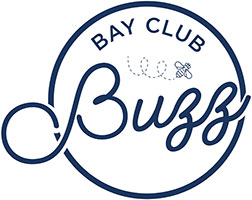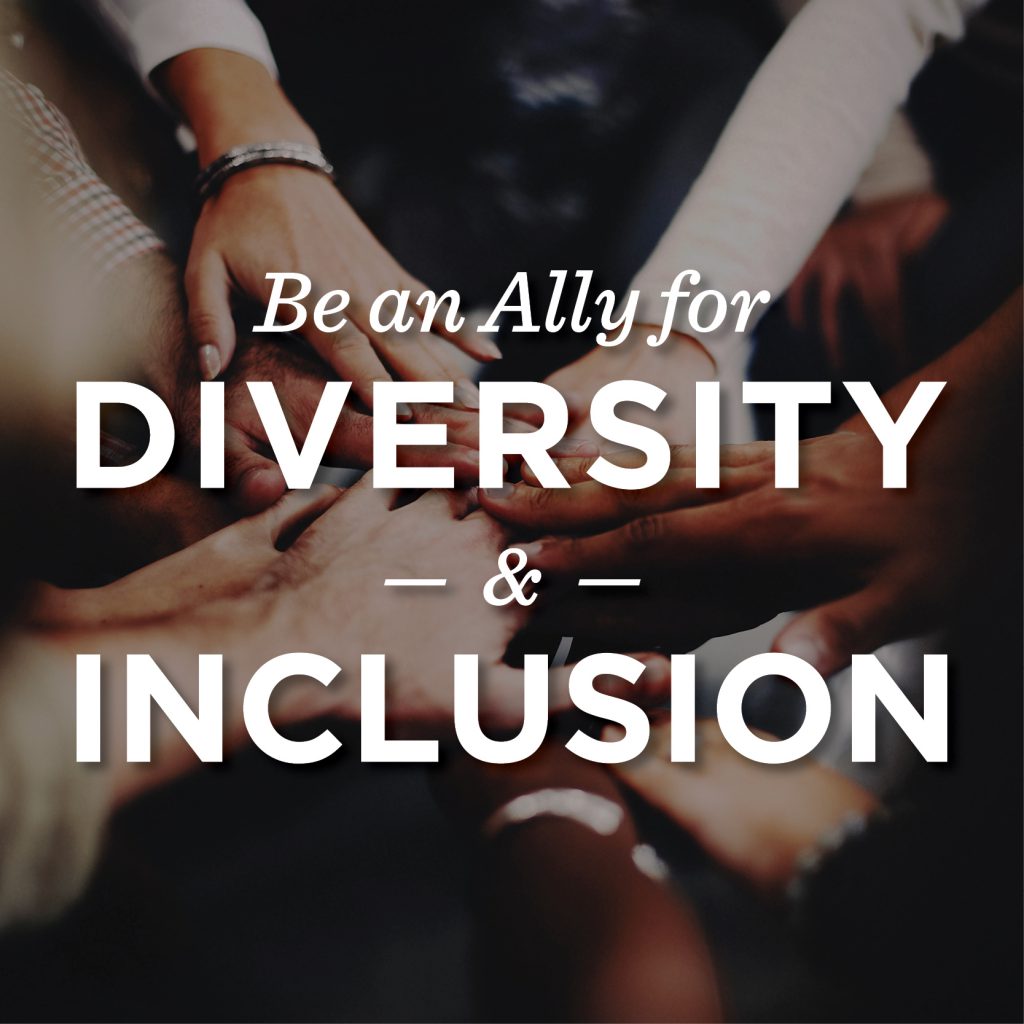According to some experts, microaggressions are subtle acts of exclusion or insults rooted in stereotypes that are directed at marginalized groups in routine social and professional settings. The formal definition of the term “microaggression” is brief and commonplace daily verbal, behavioral, or environmental indignities, whether intentional or unintentional, that communicate hostile, derogatory, or negative prejudicial slights and insults toward any group. It can be as simple as a refusal to shake your hand or hold a door open for you. It can also be as complicated as taking someone’s work for your own instead of supporting their voice and ideas. These behaviors can have negative impacts on an individual’s emotional well-being, job performance and job satisfaction, self-esteem, mental and physical health.
Can you think of a time where you have heard or may have made any of the following remarks:
‘You are so well-spoken.’ ‘You must play basketball.’ ‘I couldn’t even tell you were gay.’ ‘Do you speak English?’ ‘Can I touch your hair?’ ‘You’re too pretty to be a lesbian.’ ‘You sound white.’ ‘That’s ghetto.’ ‘Your name is too hard to pronounce, can I just call you Jon?’ ‘When I look at you, I don’t see color.’ ‘Dude, that’s gay.’ ‘They all look alike.’ ‘It was a joke; you’re being too sensitive.’ #AllLivesMatter
These are all examples of microaggressions.
The Bay Club is committed, in all aspects, to providing a safe, healthful, and inclusive workplace for all Associates. We encourage team members to seek to understand each other’s experiences, respect each other’s differences, and be allies for one another. Understand what microaggressions are and don’t do them. Take a moment to think before you speak. Anyone can be subject to microaggressions or be guilty of making them. Know that intent does not outweigh impact, but be encouraged that“change happens one person at a time and one act at a time.” – Melinda Epler
Committing to continue to educate yourself on these important topics is one great act that can impact change. Click the links below for more resources on understanding microaggressions, how to avoid making them, and how to respond to them.




